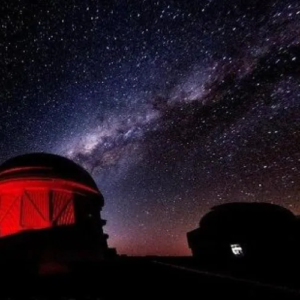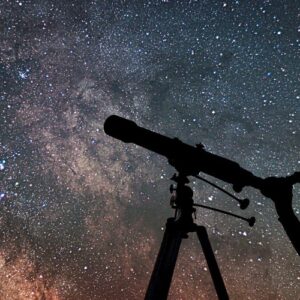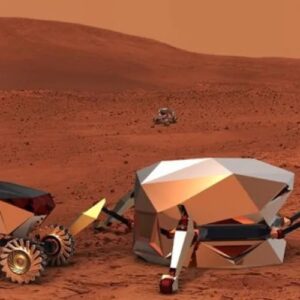Course Overview
This in-depth course provides a comprehensive exploration of space stations, covering their historical evolution, intricate design principles, multifaceted missions, international collaboration, operational intricacies, and emerging trends. Students will gain a solid foundation in space station technology and their pivotal role in human space exploration through lectures, assignments, and a final project. The course is ideal for aspiring astronauts, space enthusiasts, and students alike.
Learning Objectives
Upon completion of this course, students will be able to:
- Define space stations and explain their significance
- Trace the historical development of space stations from Salyut to the International Space Station (ISS)
- Discuss the cosmic significance of space stations as stepping stones for space exploration
- Compare and contrast manned and unmanned space stations
- Identify and describe the multifaceted missions of space stations, including research, habitation, and technological development
- Explain the importance of global collaboration in space station projects
- Describe the key design and architectural features of space stations, including human habitation and life support systems, power generation and management systems, communication and data systems, and structural components and robotic elements
- Discuss the intricacies of space station operations, including crew selection, training, and life in space, routine operations and maintenance, scientific experiments and research, and resupply missions and cargo management
- Provide detailed insights into the history, structure, functions, and international contributions of the ISS
- Overview other collaborative space stations, such as Mir, Tiangong, and future projects
- Address the health and safety considerations associated with long-duration space missions
- Discuss strategies for safeguarding space stations from orbital debris
- Examine emerging trends in space station technology, such as lunar and deep-space stations, commercial ventures, and new concepts
- Explore the international space law and governance framework governing space activities, including space stations
- Examine planetary protection, sustainability, and ethical considerations in space station operations
- Analyze notable space station missions in depth and identify the challenges encountered and innovative solutions developed
- Select specific space station missions or conceptualize their own and present their projects effectively
Course Outline
Module 1: Introduction to Space Stations
- Understanding Space Stations
- A Historical Overview
- The Cosmic Significance
Module 2: Types and Purpose of Space Stations
Manned and Unmanned Stations
Multifaceted Missions
Global Collaboration
Module 3: Design and Architecture of Space Stations
- Human Habitation and Life Support
- Power Generation and Management
- Communication and Data Systems
- Structural Components and Robotic Elements
Module 4: Space Station Operations
- Crew Selection, Training, and Life in Space
- Routine Operations and Maintenance
- Scientific Experiments and Research
- Resupply Missions and Cargo Management
Module 5: International Space Stations
- The International Space Station (ISS)
- Beyond the ISS
Module 6: Challenges and Future Trends
- Health and Safety Considerations
- Space Debris Management and Collision Avoidance
- Space Station Innovations and Future Concepts
Module 7: Regulatory and Ethical Considerations
- International Space Law and Space Governance
- Ethical and Environmental Dimensions
Module 8: Case Studies
In-Depth Analysis of Notable Space Station Missions
Problem-Solving in Space Station Operations
Module 9: Final Project
Student Project Presentations
Assessment Methods
- Module-specific quizzes and exams
- Engaging homework assignments
- Collaborative group discussions and forums
- Final project presentation and evaluation
Recommended Resources
Comprehensive textbooks and academic papers
Space agency reports and mission documentation
Online databases and space station-related resources
Guest lectures by renowned experts in space station technology and mission operations
Additional Considerations
Hands-on activities: Hands-on activities can help students to better understand space station design, operation, and applications. You could include activities such as building a model space station, simulating a space station mission, or analyzing real space station data.
Emerging technologies: Space station technology is constantly evolving, and new technologies are being developed all the time. You could include a module on emerging technologies to expose students to the latest trends in the field.
Ethical implications: Space stations raise a number of ethical questions, such as the use of public resources for space exploration and the impact of space activities on the environment.
Additional information
| Certificate Type | Verified, Standard |
|---|





